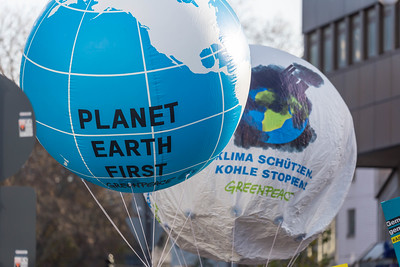
POLITIKEN
Article by Paria Peyman
29th of May 2020
The year 2020 started like any other year for many people. That changed dramatically on the 11th of March 2020, when the World Health Organization declared that we faced a global pandemic COVID-19 (World Health Organization, 2020).
Countries around the world have entered various types of lockdowns, often involving the closing of all but essential stores, a blow for many economies (Dunford et al., 2020)
As awful as this is, with increasing death rates, and hospitals being overloaded, many are still concerned about longer term issues facing humanity, such as climate change. In fact, some even see the global challenges of COVID-19 as an opportunity to talk about climate change. One example of an organisation that sees opportunities in these challenging times is Greenpeace Denmark. As the industrial workforce partially being shut down has had a great impact on the climate according to scientists (Al Jazeera, 2020).
What nature really is and how we screwed it up.
This is Dhauladhar mountain range of Himachal, visible after 30 yrs, from Jalandhar (Punjab) after pollution drops to its lowest level. This is approx. 200 km away straight. #Lockdown21 #MotherNature #Global healing. pic.twitter.com/cvZqbWd6MR
— Diksha Walia (@Deewalia) April 3, 2020
Al Jazeera ‘Inside Story’
A recent episode of Al Jazeera’s ‘Inside Story’ discussed the topic of COVID-19 and its impacts on climate change. In the episode, host Richelle Carey invited three environmental experts to discuss the topic. Professor Francois Gemenne of environment geopolitics, Meena Raman, environmental lawyer, and CEO of Council on Energy, Environment and Water, Arunabha Ghosh. The expert panel discussed issues relating to global responses to COVID-19 and drew parallels with how we might tackle the climate crisis, noting in particular how the world is able to implement widespread shutdowns when there is political will power. Professor Gemenne made an important contribution to the discussion, noting how the pandemic can end when we get a vaccine, contrasted to climate change, and how this issue cannot be solved by a vaccine.
As consumerism drops around the world, and people’s habits begin to change, several important questions begin to emerge for how a post-COVID-19 world might look (Al Jazeera, 2020). Is decreased consumerism here to stay? Will the habits formed during these times extend? And perhaps most importantly, are more people now willing or interested in the fight against climate change?
To discuss some of these questions, Politiken sat down to talk with Greenpeace Denmark representative Mrs. Lauren Bowey. We heard how COVID-19 has impacted their organisation’s work amid of the pandemic, and how they think the future looks for climate change- and activism.
Source: Video of ‘Inside Story’, Al Jazeera, 2020
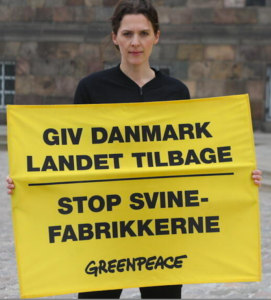
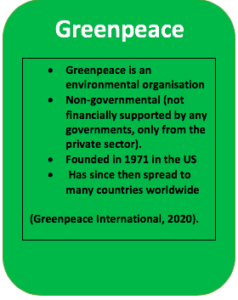
Mrs. Bowey is a Volunteer Coordinator at Greenpeace in Denmark. She is originally from Adelaide, Australia but has been living in Denmark for over 10 years. She is a passionate climate activist at heart.
Denmark’s Climate policies
For many around the world, Denmark is often regarded as a role model in combating climate change. In December 2019, the new Social Democrat government introduced a new climate law. The ambitious law, which some labeled as aggressive aims to reduce carbon emissions to 70% compared to the levels in 1990 by 2030 (Bellefonds, 2020).
Air quality improvement
The air quality in many countries have begun to improve (Al Jazeera, 2020). This is also the case for Denmark according to Mrs. Bowey and the Environment Ministry of Denmark (Miljø- og Fødevareministeriet, 2020)
“I’m sure that the air quality is much better – particularly because of the lack of flights. In the air now, you only see hot air balloons, small recreational planes and lots of birds!”, said Mrs. Bowey.
According to the Environment Ministry of Denmark, this is especially due to the reduced traffic on the roads (Peters, 2020). However, many scientist have said that the CO2 will rise again after the pandemic, which is also Greenpeace’s belief (ibid).
Video showing a drop in NO2 over Europe. Credits: ESA, 2020, CC BY-SA 3.0
Lockdown and online climate activism
Like many other industries and organisations around the world, Greenpeace has also been impacted, as Denmark announced a lockdown from March 16th 2020.
“There was a lot of energy putting into making sure everyone was emotionally and physically safe at the start of this pandemic. Gradually, the organization began to realise that within all the intense sadness and hardship of this pandemic there were opportunities to create systemic changes that our societies need.”
One of the opportunities that Mrs. Bowey refers to is in the form of online activism. This has always been a part of Greenpeace’s strategy, according to Mrs. Bowey. However, due to the pandemic, this has naturally increased.
“We also realized that there are opportunities to engage people online and perhaps even find new audiences. In the volunteer communities, we have been doing much more cross Nordic collaboration such as online film screenings, trainings and skill shares”.
Future habits
What about the cultural changes that we have seen, specifically regarding consumerism?
“It is hard to predict – history tells us that often after a recession, spending habits increase. However, we hope here at Greenpeace that during this time where many people have had more time with their families and perhaps out enjoying nature[,] they will have found a new awareness of the uselessness of overconsumption and realise that it isn’t necessary to the same degree that we had previously.”
Future strategies and stimulus packages
When asked about whether or not the pandemic has increased the interest in climate activism, Mrs. Bowey answered:
“I think Greenpeace and other NGOs have been very good at steering the public narrative in this direction. All around the world, governments are set to give out billions of dollars in stimulus packages and it is vital that this money isn’t given to polluters but is given to people. You can read a letter from Greenpeace in the UK about this here.”
A stimulus package is an economic approach that is conducted by a government in order to stimulate a struggling economy.
“We are always in contact with political parties as part of our lobbying work. When we have made a proposal, for instance in this case about the green restart of Denmark, we then send it to all political parties with the aim that they will agree with our proposal and push it in parliament.”
The “green restart” Mrs. Bowey refers to is a campaign started by NGOs in Denmark. As Mrs. Bowey mentions, they have made a proposal hoping that the money from the Danish stimulus package will not end up in the hands of non-green companies such as oil and coal.
Moreover, Danish pension companies have recently announced that they are ready to invest 11-13 billion USD in a “green restart”, as they believe in the cause and that it will help the Danish economy (Bredsdorf, 2020).
A ‘green restart’ is not an exclusive Danish concept. Examples of this are found in the great amount of articles from publishers such as: The Conversation, “Why it doesn’t make economic sense to ignore climate change in our recovery from the pandemic”, The Guardian, “Climate crisis will deepen the pandemic. A green stimulus plan can tackle both” and Forbes, “Want To Jump-Start The Economy? Include A Green New Deal In The Stimulus Package” (Skarbek, 2020; Cohen & Kammen, 2020; Silverstein, 2020).
Many scientist believe that if we play our cards now, we may stop the climate crisis (Peters, 2020; Farhart, 2020). But only the future can tell if this becomes a reality or not.

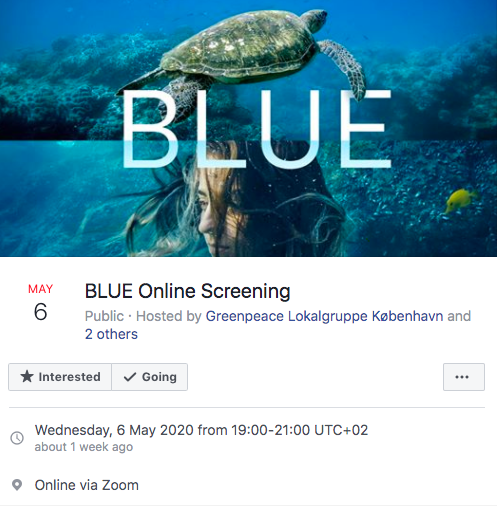
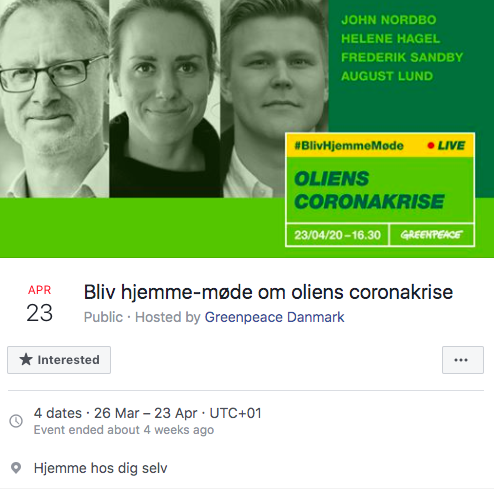
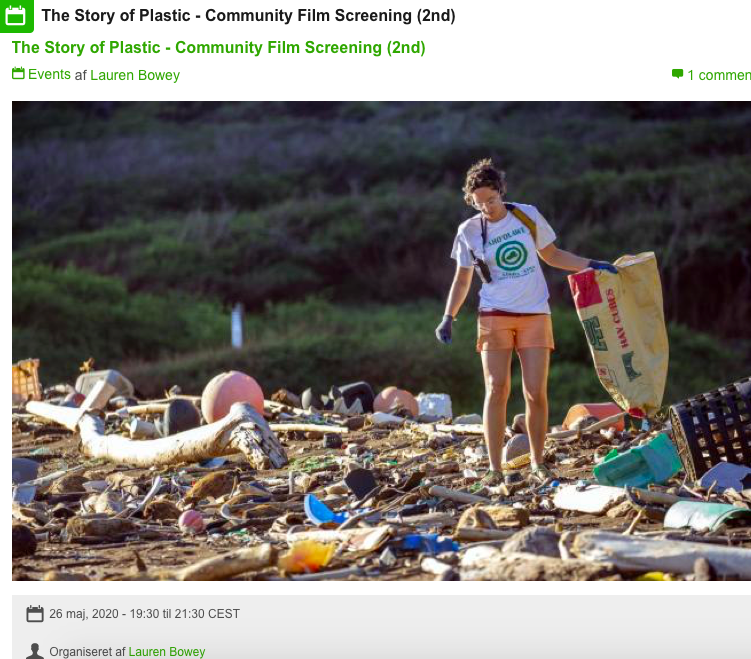
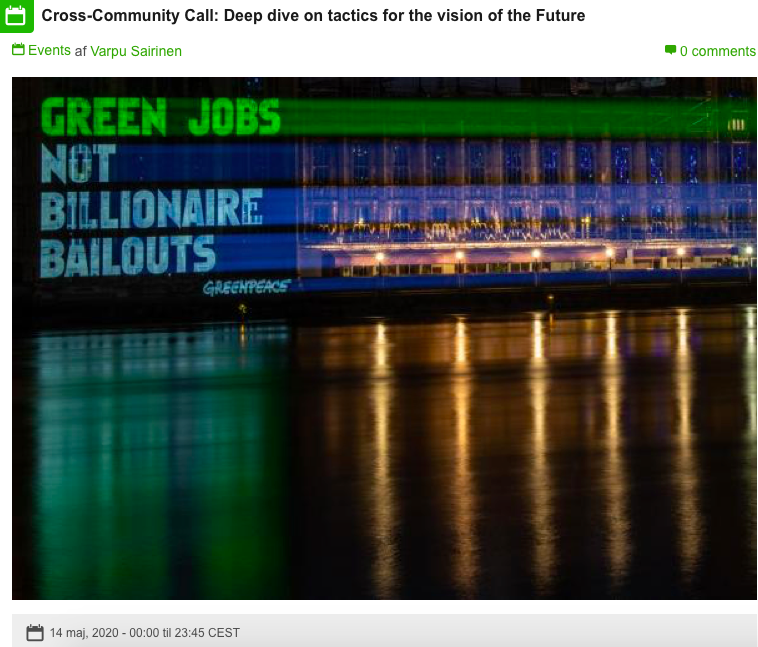
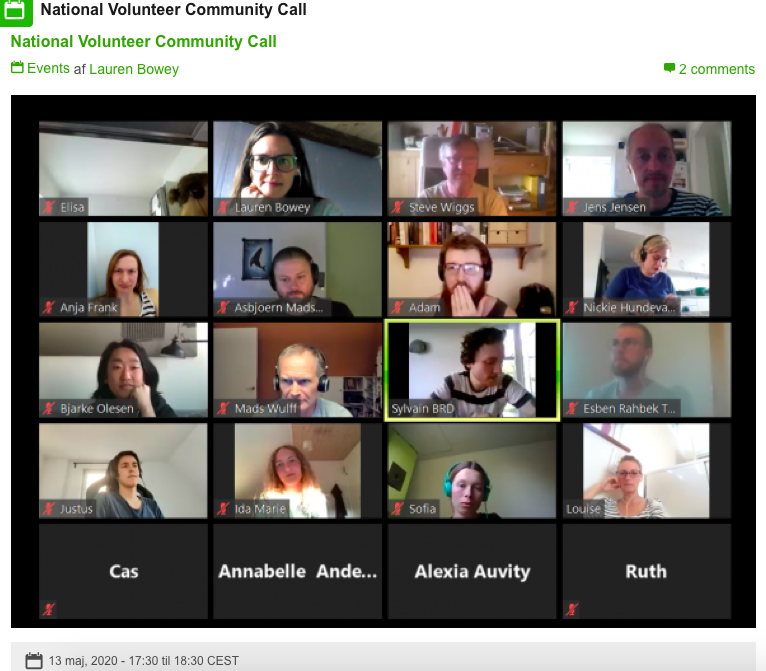
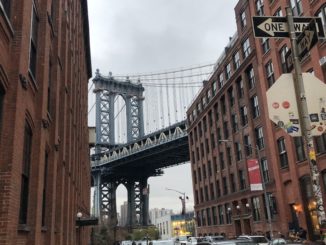


Be the first to comment